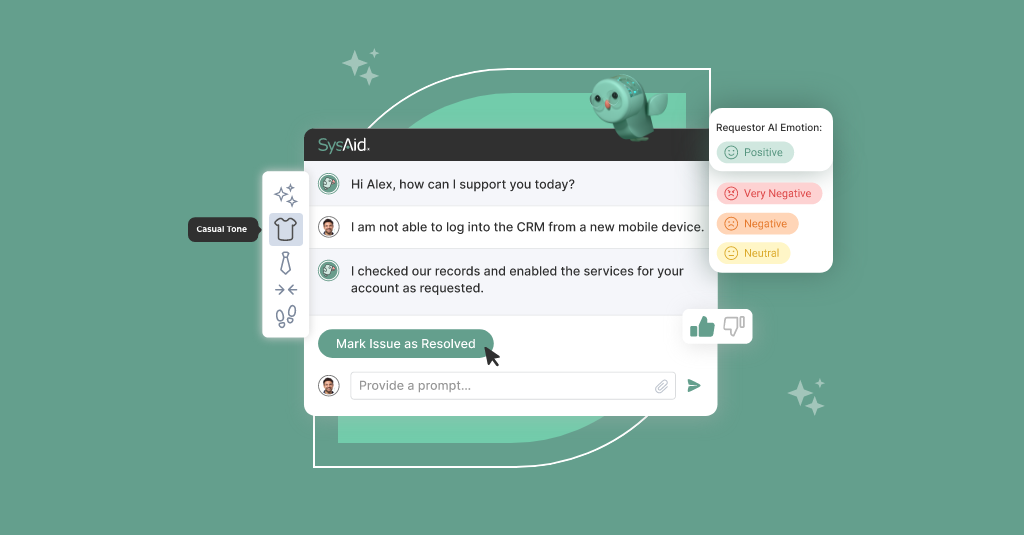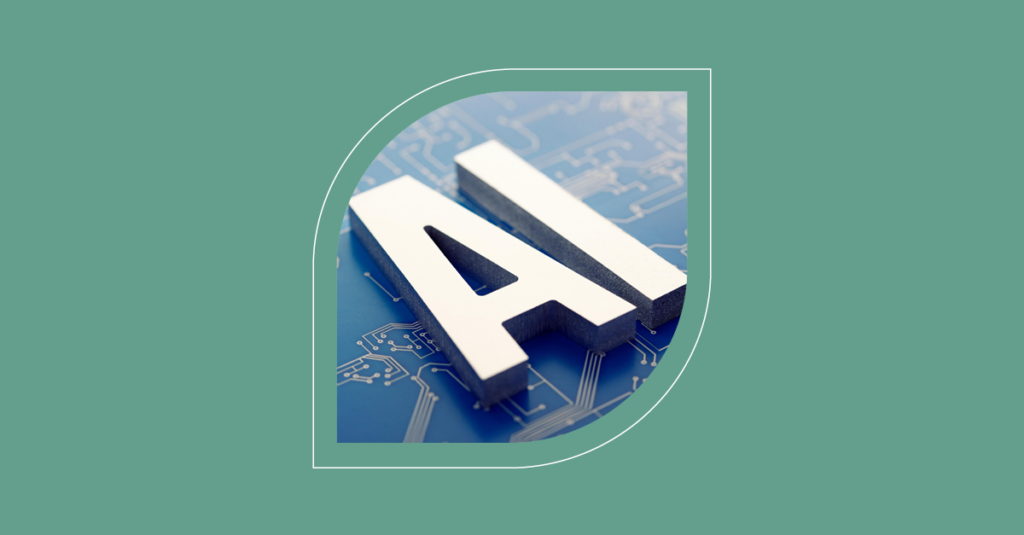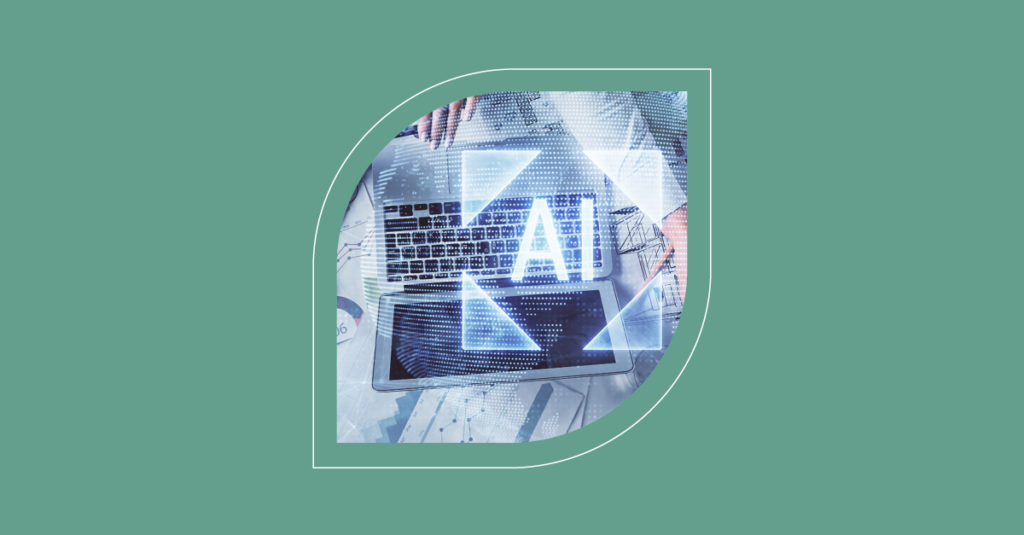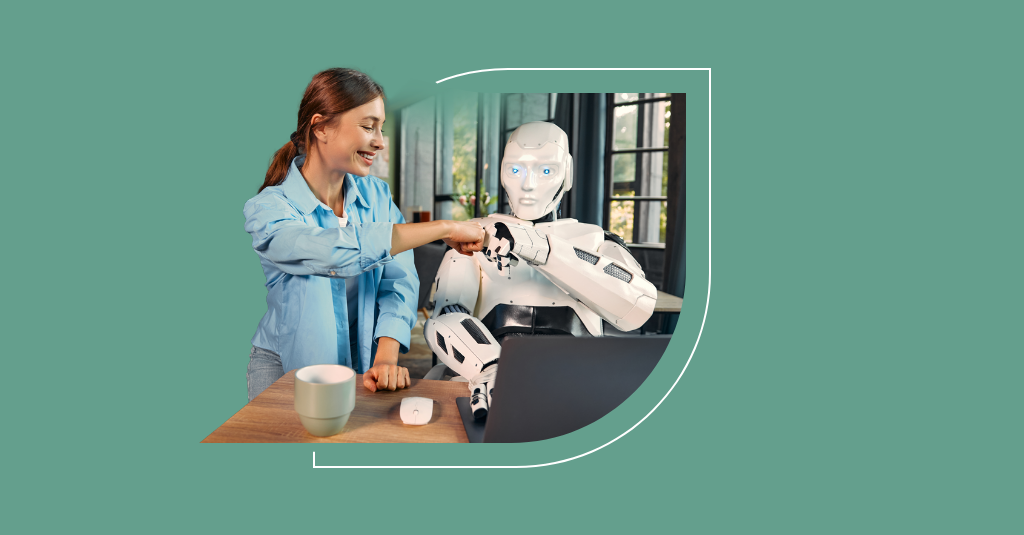Why Your IT Service Desk Agents Need Copilots

If you’re new to Copilots, it might seem like an aviation term. There’s a connection, though – because an aircraft copilot supports the pilot in navigating and operating the plane. However, artificial intelligence (AI)-based Copilots are an IT service management (ITSM) technology exploitation opportunity that will radically improve the efficiency and effectiveness of IT support operations.
This blog explains what Copilots are before focusing on how they help and why your IT service desk agents need them.
This @SysAid blog explains what Copilots are before focusing on how they help and why your IT service desk agents need them. #servicedesk #ITSM #Copilot #AI Share on XWhat are Copilots?
A Copilot is an application that employs AI to help people with tasks and improve their lives and experiences (including for the people they support). Copilots can help across a broad spectrum of areas, including:
- Automating routine tasks – freeing up people’s time to focus on other work
- Decision-making – analyzing vast amounts of data quickly to provide insights
- Real-time guidance – for example, issue-handling assistance
- Predictive analytics – predicting trends and behaviors based on historical data
- Personalization – adapting to individual preferences based on previous interactions.
Copilots exist for different corporate and social needs, but specific IT support examples are shared next.
How Copilots help IT service desk agents
Some of the ways a Copilot can be employed in IT support to help IT service desk agents are:
- Intelligent work intake. There’s no longer a need for manual triage because Copilots can employ natural language processing (NLP) and machine learning to classify, prioritize, and route incident and service request tickets to the appropriate team.
- Virtual agents (often called chatbots). These can deal with repetitive end-user issues and requests, and this Copilot-powered self-service capability can be offered via various channels, including the IT self-service portal (in a browser), a mobile app, or integrated within collaboration services such as Microsoft Teams. Here, a conversational approach allows end-users to quickly get the help they need based on a “data pool” created from knowledge base articles, historical tickets, and other internal data, as well as verified external data sources. Plus, this capability is available 24×7, so IT support is available even if the IT service desk is closed.
- Email autoresponders. The virtual agent capability can also engage with end-users via email, providing the same conversational experience as with a chatbot. If the Copilot can answer a new ticket, it will craft a context-sensitive response that’s automatically sent to the requester.
- Real-time assistance for IT support staff. As the name suggests, Copilots work hand-in-hand with IT service desk agents, offering real-time suggestions to help with tickets. Because Copilots have access to the collective “data pool,” individual IT service desk agent capabilities are augmented with the collective knowledge of the IT support function.
- Ticket summarization. Copilots can automatically create a real-time summary of a ticket for IT service desk agents. Making it easy to understand the ticket’s context.
- Writing assistance. IT service desk agents can compose tailored responses and other messages with Copilot assistance. Copilots can also source and aggregate information from disparate sources to either create or update knowledge articles.
- Automated performance insights. IT service desk agents can get weekly updates on team and individual performance versus agreed service level targets, along with improvement recommendations and predictions for the next period. Plus, Copilots can automatically create monthly or ad hoc IT service desk reports for IT and business stakeholders.
- Sentiment analysis. IT service desk agents can engage with end-users in a more informed manner, understanding how the end-user feels about their “in-flight” IT service desk interaction based on their language. It can also offer guidance on different approaches to improve the end-user experience and “happiness” to rectify any issues.
Copilots can also “self-review.” Gathering end-user feedback on the quality of the response and experience. For example, using a thumbs-up or thumbs-down facility and the opportunity to provide more detailed feedback.
What this means for IT service desk agents
These and other Copilot capabilities offer many benefits to IT service desk agents and the IT service desk. Some benefits are an extension of what previous automation capabilities provided, while some are new. These benefits include:
- Fewer low-value tasks – with Copilots handling the many repeat tasks that IT service desks unfortunately face. This means that IT service desk agents can focus their limited time on higher-value-add tasks.
- Increased speed and accuracy – with both IT support and end-user productivity gains. This leads to better service experiences, especially when personalization is employed. Improved “Level 0” IT support capabilities (chatbots and email autoresponders) handling basic support requests add to this benefit.
- Improved employee experiences – with end-users getting the help they need in a way that matches the expectations of IT support that often come from their superior consumer-world support engagements.
- Better individual and team performance – which is achieved through the Copilot assistance and the real-time reporting and insights offered.
- Faster learning curves – thanks to the people-augmenting Copilot capabilities, new IT service desk agents can reach the required level of performance more swiftly.
- Cost reductions – where the IT service desk labor savings can be dwarfed by a decrease in service-downtime-related costs.
- Improved decision-making – Copilots provide IT service desk agents with access to data and insights that were previously unobtainable in real-time and without significant analytical resources and effort. Here, machine learning capabilities can analyze large data sets to see patterns and trends previously hidden from IT service desk agents and leadership.
If you would like to learn more about the opportunities of Copilots, see here.
Did you find this interesting?Share it with others:
Did you find this interesting? Share it with others:









